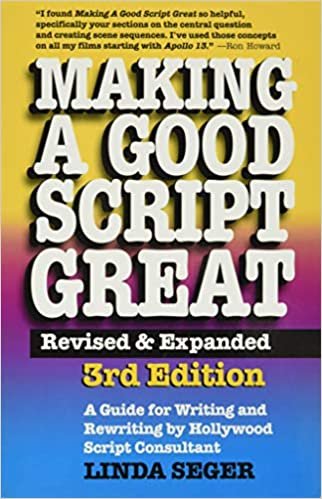“Interesting” is subjective. What doesn’t interest some people may excite others. 🙂
I take part in book review groups – you review mine, I’ll review yours – and I let people know going in I’m a tough reviewer.
The reason I’m a tough reviewer is fairly simple: I review books based on an author’s storycrafting and storytelling skills, not a book or story’s genre.
I’ve reviewed romance, poetry, chicklit, adventure, MG, and early readers, along with sf/f/h, and regardless of genre good writing is good writing is good writing.
Likewise, sometimes a writer is incompetent and their work sucks.
For me, it comes down to storycrafting and storytelling. Storytelling – does the author have an interesting story to tell? Storycrafting – does the author tell the story in an interesting way?
Someone can have an amazing story to tell and do it poorly, kind of like a college prof who’s expert in their field and boring as heck in the lecture hall. That’s good story to tell told poorly. The prof who isn’t expert in their field and keeps the students interested has craft but no story.
Then there’s Door #3 – The prof who is both expert in their field and keeps the students interested, enthused about the subject and wanting to know more has both crafting and telling down cold. This is where you want to be if you want to be (in my opinion) an author worth reading.
The statement “What’s interesting is subjective” is true to a point. But yell Fire! or Rape! or Gun! and you’ll get people’s attention because some things aren’t subjective. Get someone’s attention first, they’ll decide if what got their attention is interesting enough to keep their attention.
But the key is getting their attention first, and that is done through good to excellent storycrafting and storytelling skills (and if you’re wondering what gives me the right to talk about such things, take a look at my patents and/or read Reading Virtual Minds Volume I: Science and History).
You’re sharing this because…?
Greetings! I’m your friendly, neighborhood Threshold Guardian. This is a protected post. Protected posts in the My Work, Marketing, and StoryCrafting categories require a subscription (starting at 1$US/month) to access. Protected posts outside those categories require a General (free) membership.
Members and Subscribers can LogIn. Non members can join. Non-protected posts (there are several) are available to everyone.
Want to learn more about why I use a subscription model? Read More ch-ch-ch-ch-Changes Enjoy!

